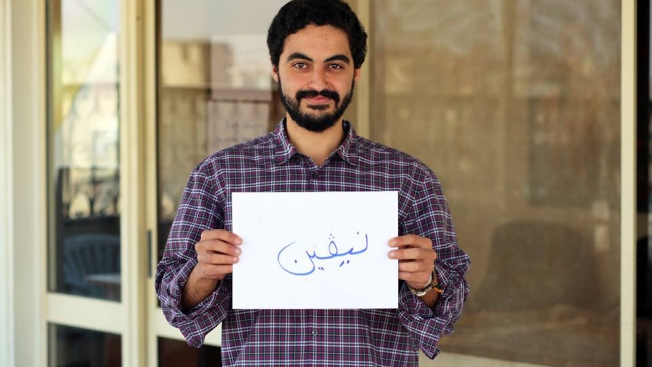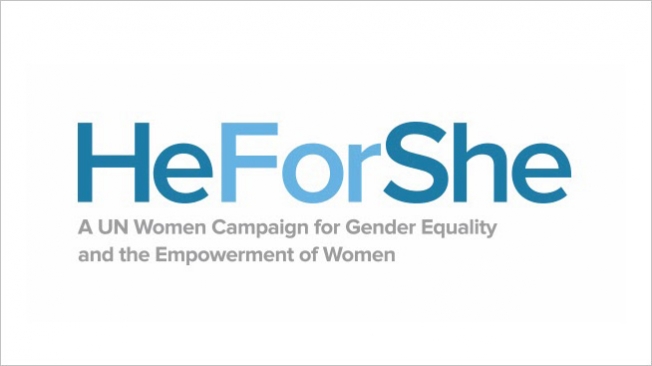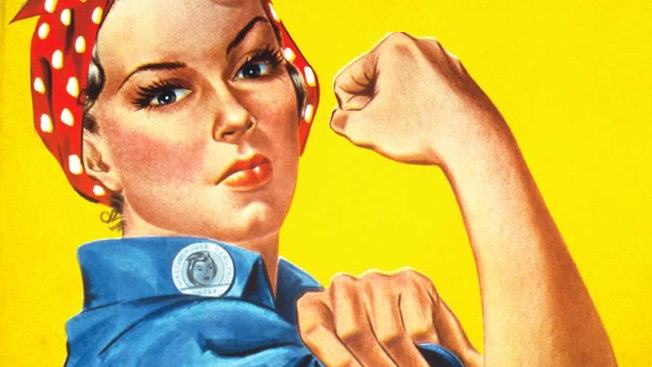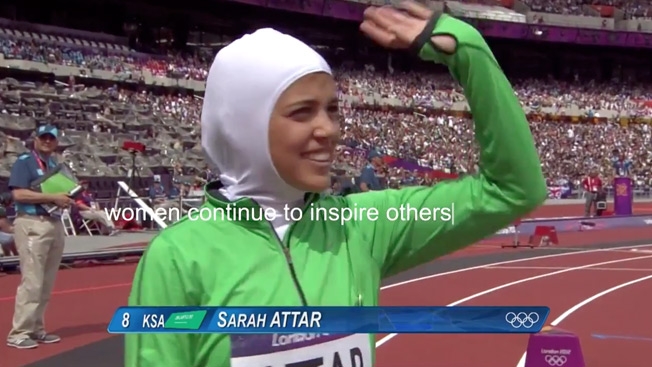Can an Ad Campaign Get Egyptian Men to Speak the Names of Their Mothers?
Posted in: Uncategorized
Stripping away someone’s name goes a long toward dehumanizing that person. UN Women and Impact BBDO Dubai poignantly drive home that point in a two-minute film that was timed for Mother’s Day in the Middle East on March 21.
“Give Mom Back Her Name” shows on-the-street interviews with various Egyptian men. Keeping with local custom, they refuse to speak their mothers’ names in public. (For men in Egypt and many other countries in the Middle East, there is a peculiar taboo of not disclosing one’s mother’s name in public, lest it become a subject of shame and ridicule.)
A young guy leaning out of a car window explains, “We feel it could bring us ridicule and embarrassment.” An older man adds, “If someone knew our mother’s name, we used to sob when we were kids.” For me, the most unsettling reaction comes from a youngish dude in a blue shirt who can’t stop giggling. It’s as if he’s struggling to process the request, and awkward laughter is the only response he can muster because the notion of naming his mother in public has, at least temporarily, short-circuited his brain.
Over time, we’re told, many women have their names largely forgotten, and they are referred to as the mothers of their eldest sons. Ultimately, the film asks viewers to change their social-media profile icons to their mother’s names and spread word of the initiative using the hashtag #MyMothersNameIs.
“The right to one’s own name not being associated with shame or embarrassment is one step closer to equality,” says Fadi Yaish, regional executive creative director at Impact BBDO. “It is a basic human right.”
The film—by the same group behind 2013’s lauded Google autocomplete campaign—contains an especially sweet and uplifting scene near the end. Spoiler: The blue-shirted guy, so vexed at the outset, stands in a busy street beside his mom and speaks her name. It’s a moving, redemptive moment that reminds viewers that change and progress are always possible.
According to Yaish, in its first 48 hours online, the film received 1.5 million views on Facebook and YouTube, and over 4 million impressions on Facebook alone. The most “shocking outcome,” he says, is that women in the region felt empowered and “spoke out across all media and on social platforms saying their names.”
AdFreak: What’s the one big takeaway from this film?
Fadi Yaish: Social taboos are man made, and they can be broken by starting a conversation.
Was it tough to make? Did anyone become offended and storm off?
Some people were angry, thought we are making fun of them and refused to participate. Some people did not know what to say. Some people spoke up. As you can see in the film, some people, especially the young ones, just simply were shocked we asked them this question. It was like moment of truth. They were thinking, “I should be able to say my mother’s name! Why can’t I?” It made them question and doubt.
Who is the target audience? Do you think it will get through to them?
The core target is Egypt, which will spill to countries that have the same problem—Saudi Arabia, Bahrain, Qatar, Kuwait, Jordan. [The message] got through already, and to everyone. It is growing bigger every second.
Any big surprises?
The response of men in general was kind of expected. Because of the “moment of truth,” the real shame would be on us men—the fact that we took away the name of the person that gave us our names and gave us our lives. The surprise was women speaking up, and refusing to accept the current situation. Google the hashtag, and you will see women saying their names. This is amazing.
CREDITS
Client: UN Women
Agency: Impact BBDO Dubai
Executive Creative Director/Editor: Fadi Yaish
Art Director: Maged Nassar, Tameem Younes
Copywriter: Aunindo Sen
Graphic designer: Mohamed Said
Typographer: Mahmmad Al Mahdy
Production House: Bigfoot
Director: Maged Nassar, Tameem Younes
DOP: Ahmed Tahoun
Post Production: Lizard
![]()








